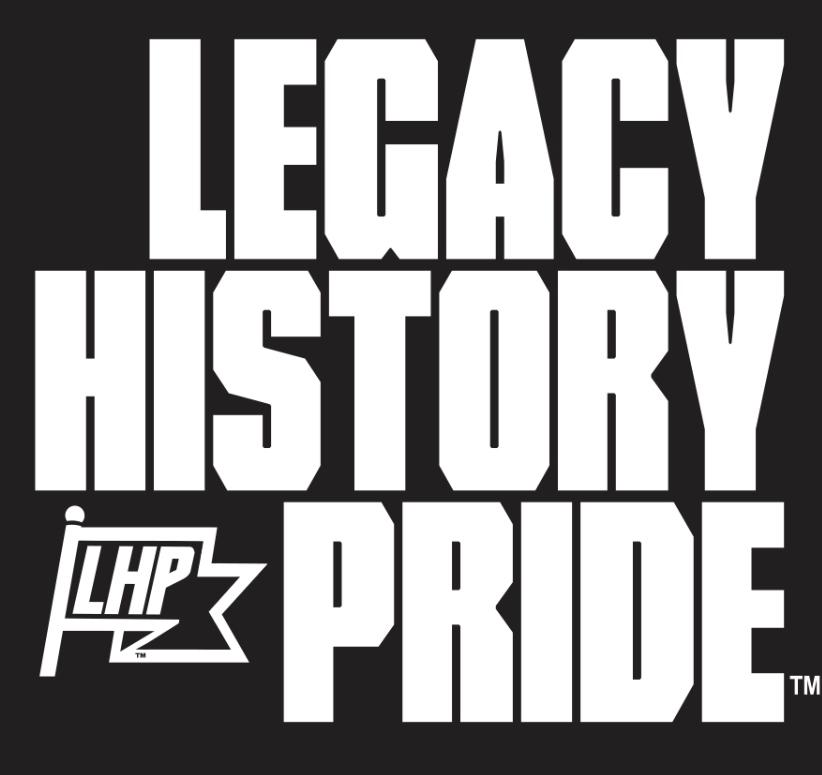All Women HBCUs

Today, education is more important than ever. It is also becoming increasingly more inclusive, offering students opportunities to get an education and earn their degrees when may not have previously been an option. One of the larger steps towards this was the creation of HBCUs or Historically Black Colleges and Universities. These institutions now enroll more than 228,000 nationwide and offer new opportunities to students on just over 100 campuses across the country. A relatively balanced mix of private and public, 56 of the institutions are private.
When we look at the student body makeup, there are only two all-women HBCUs in that number today, and only one all-male HBCU. Many of the colleges that leaned toward gender-specific enrollment began opting to invite all genders as early as the 1800's, leaving very few all women and all male options. In fact, there are only 34 active women's colleges in total, which is not a large number compared to the general amount of colleges and universities in the United States. However, HBCU's are beloved for more than just traditional education. An HBCU offers diversity and history that other colleges may not offer to the students, as well as the potential for more grants and scholarships and smaller classes. Depending on what you are looking for in an education, you may even decide that an all women HBCU is the best fit for you, in which case you would have two options: Bennett College and Spelman College.
A Brief History of Bennett College
Bennett College is an all women HBCU that wants to prepare women of color through a transformative liberal arts education. They are focused on women leading with purpose, integrity, and a strong sense of self-worth. This college focuses on several areas including civic engagement, communications, global citizenship, leadership, and innovation. It was originally founded in a church in 1873 with 70 men and women attendees beginning at elementary school and secondary level studies. By 1878, a group of emancipated slaves bought the land the school sits on today. They added college courses and permanent facilities to create the school. In 1926, the Women's Home Missionary Society joined with the Board of Education of the church to make the school in Greensboro, North Carolina a college for women only. Due to its history with the church, Bennett College remains affiliated with the United Methodist Church. There have been more than 5,000 women who have graduated from this institution since 1930. These women are known as the Bennett Belles, and continue to contribute in various ways to society thanks to this education.
A Brief History of Spelman College
Located in Atlanta, Georgia, Spelman College is an all-woman HBCU dedicated to helping women achieve all that they can. Originally founded in 1881 as the Atlanta Baptist Female Seminary, the college transitioned names in 1924 when it became Spelman College. Spelman is an accredited college by the Commission on Colleges of the Southern Association of Colleges and Schools. The student body today features over 2,100 students and the goal of the school is to empower women to engage the cultures of the world and provide positive social change through service. With a 76% graduation rate over six years, Spelman is pleased to have one of the best in the nation, but also prides itself on offering students connections long after they have graduated and left the campus. With smaller class sizes and a more personal feel, Spelman College could be a wonderful choice for a future scholar who is trying to determine the best school to attend.
Attending an all women's HBCU is a little different than attending a co-ed college. There are many misconceptions about this, and you may even be guilty of thinking some of these yourself. However, there are many advantages to attending and studying in an all-female environment. One is a stronger sense of community. For many women, they may feel that their voices aren't being heard in other co-ed schools, but not in an all-female school. Instead, they have higher confidence and self-esteem which is essential to thriving in the male-dominated marketplace that they will graduate into. All women HBCUs may also prepare you better for graduate school and your future. Studies report higher grades, graduation rates, as well as holding higher positions post-graduate, as well as feeling happier and bringing in more money.
There are many pros and cons to attending all women HBCUs and the choice is very personal. Weigh out the benefits, visit the campuses, and make your decision based on what works best for you and your lifestyle and life goals.

